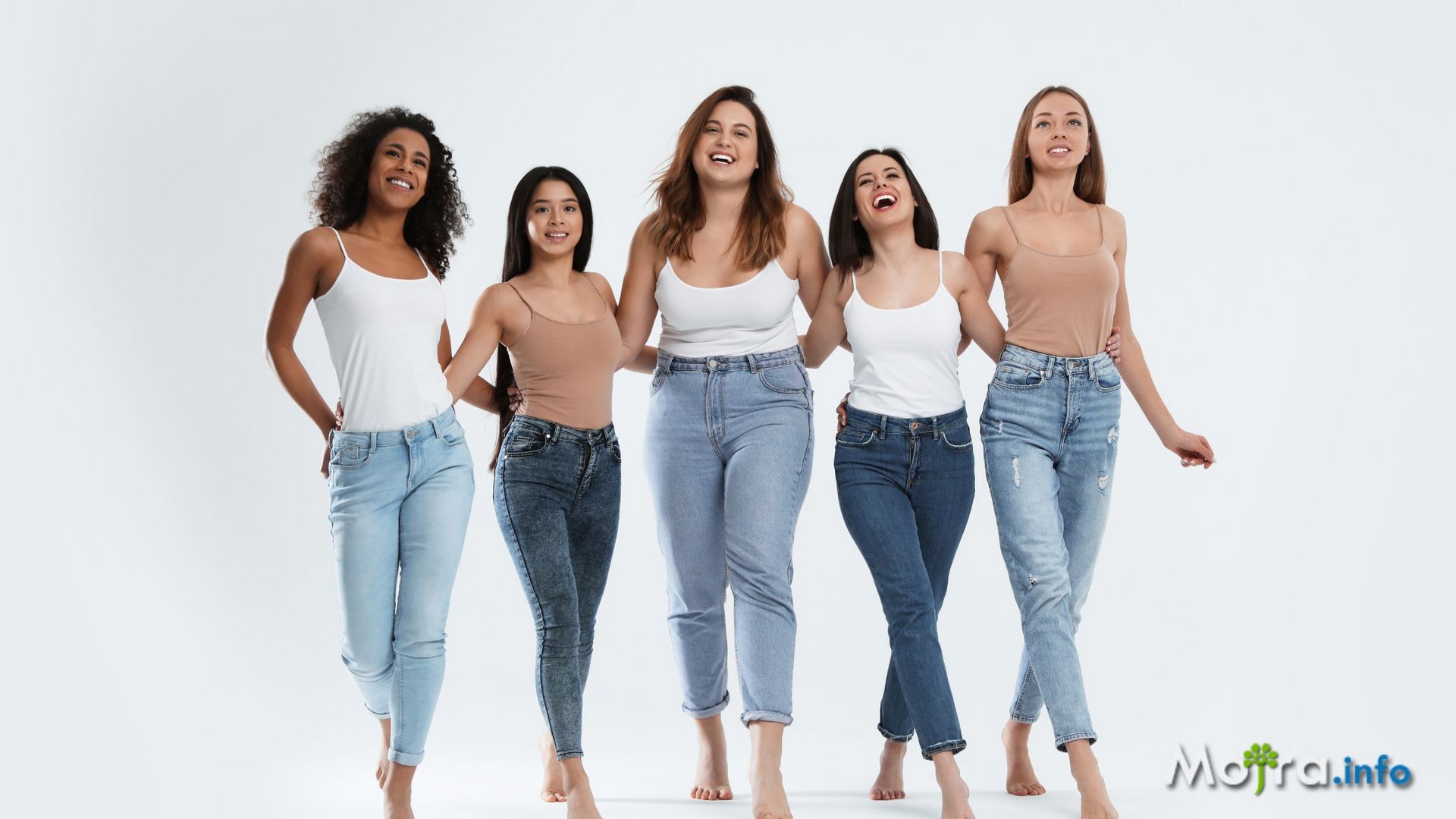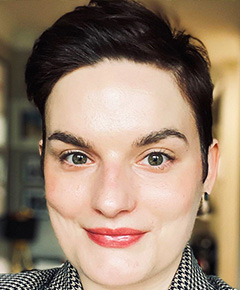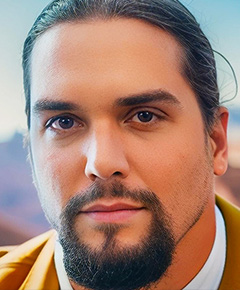In today's world, where
images of perfection abound, there is an increasing emphasis on accepting one's
own body and rejecting extremes. This new approach further reflects the need to
understand physical, mental, and emotional health. Embracing one's body does
not mean giving up on a healthy lifestyle; rather, it signifies celebrating
individual differences and striving to find personal equilibrium. It's
important to reject extremes that promote unrealistic ideals and often lead to
frustration, and instead encourage everyone to find a path that reflects their
own values. With the rise of the "body positivity" movement, the
media portrayal of bodies has begun to change, allowing for a wider spectrum of
body shapes and sizes, leading to increased self-esteem and self-acceptance.
Healthy Lifestyle Approach versus Extreme Diets
Everyone wants to look good,
but at what cost? Extreme diets promise quick results, often at the expense of
long-term health. A healthy lifestyle, on the other hand, is based on
sustainable principles of nutrition and regular exercise tailored to each
individual. Unlike extreme diets, which are often mere disguises for food
deprivation or exhausting exercise regimes, a healthy lifestyle focuses on
preventing chronic diseases and promoting overall well-being. This includes a
balanced diet that includes all necessary nutrients and regular exercise
tailored to individual abilities.
Long-term Benefits of a
Healthy Lifestyle:
- Maintaining a healthy body
weight
- Improving mental health
- Strengthening physical
fitness
It's not about seeking
perfection but finding balance that supports a healthy and contented life.
Risks of Extreme Diet and Exercise Regimes
Striving for a good
relationship with one's body is important, but extreme diets and overloaded
exercise plans do not simplify it. Extreme diets can bring serious health
complications: malnutrition, eating disorders, metabolic problems... The key is
a balanced diet that provides everything needed: proteins, fats, and
carbohydrates, as well as vitamins and minerals. Extreme diets often overlook
the need for balance and can particularly endanger young people who are still
developing and need quality nutrition for their growth.
The answer lies not in
extremes but in a sustainable approach to health that supports our overall
comfort without radical steps.
The Psychological Dimension of Body Acceptance
When we talk about a positive relationship with our own bodies, we often focus solely on the physical aspect. We shouldn't overlook the psychological aspect either.
How do unrealistic beauty ideals affect our minds?
- Comparisons on social media lead to a decrease in self-esteem.
- Unrealistic beauty standards can result in a
negative self-image.
That's why it's crucial to
strengthen self-love and self-acceptance. Educating and promoting the idea of
body positivity help in building mental resilience. When we understand that
beauty is not only what we see in the media, we can better accept who we truly
are. Creating a positive body image is a path we should support—for our mental
well-being and overall health.
The Influence of Social Media and Media on Body Perception
Media has a huge influence
on how we perceive our bodies. Every day, we're bombarded with images that look
flawless (often heavily edited with filters). This pressure can lead to
unhealthy behavior. For example, some may resort to extreme diets or overly
intense exercise because they feel they need to meet unrealistic beauty
standards.
How to cope with these
pressures? Here are a few tips:
- Seek out and follow accounts
on social media that promote realistic and positive body images.
- Consciously limit the time
spent on social media.
- Talk about your feelings
with friends or family.
- Boost your own self-confidence.
Positive representations of
bodily differences can have a beneficial impact. When we see images of people
similar to us in the media, we feel better. It's important to realize that
every body is unique and beautiful in its own way.
"Influencers and social media personalities who present themselves as advocates of body positivity should ensure that their messages are balanced and do not endorse unhealthy lifestyles. The use of body positivity should focus on enhancing self-esteem and accepting the diversity of body types, rather than justifying or normalizing unhealthy lifestyles, as unfortunately seen on social media. Those promoting body positivity should be cautious in their communication so as not to convey the mistaken impression that all body types are automatically healthy and that no lifestyle habits should be changed. It's important to realize that body positivity does not mean ignoring the health impacts associated with overweight or obesity." Mgr. Hana Hlobilová (psychologist at MOJRA online counseling)
How Experts Help on the Journey to Body Acceptance
The journey to accepting
one's body can be complex, and professionals from various fields can offer
essential support. Nutrition therapists should supplement the basics of healthy
eating and dispel myths. Psychologists focus on strengthening self-acceptance
and building healthy self-esteem. Fitness trainers help create safe and
sustainable exercise plans.
What can experts help you
with?
- Set realistic goals.
- Tailor a nutrition plan to
individual needs.
- Provide space for healthy
coping with emotions associated with body image.
These steps are important
because every person is unique. General advice doesn't work the same for
everyone. Expert help can be the key to success in accepting one's body and
achieving mental well-being.
It's also important to focus
on educating about the risks of extreme diets, the significance of a healthy
lifestyle, and the psychological dimension of self-acceptance. Continuously
promoting open discussions that stimulate critical thinking and help dispel
myths and stereotypes. All of this leads to better self-awareness and quality
of life for individuals and society as a whole.




























Enter your comment.